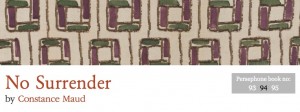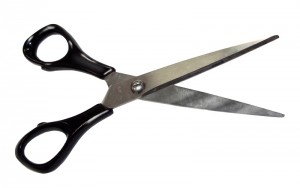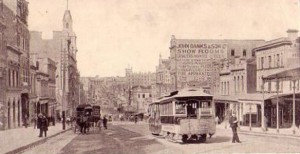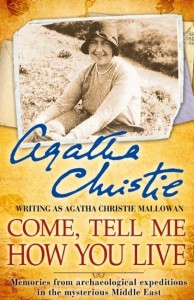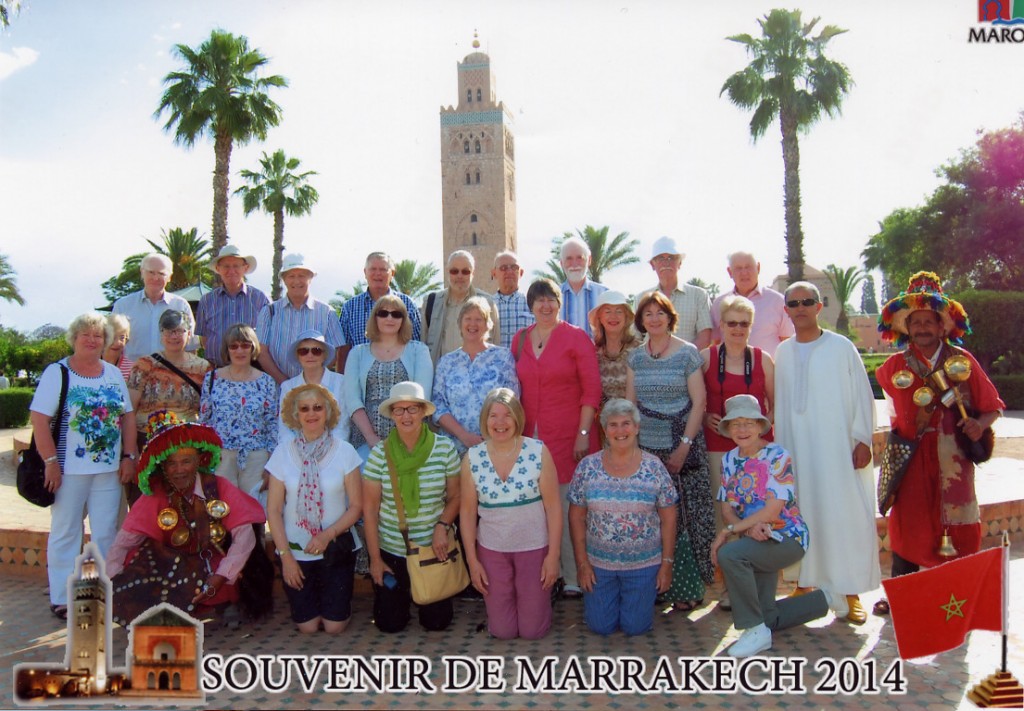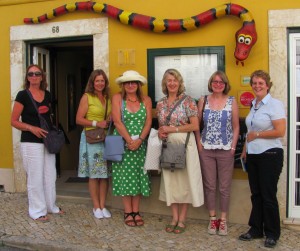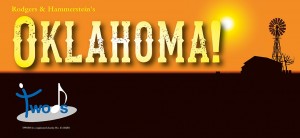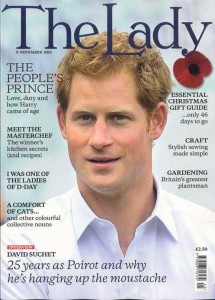 One of my real pleasures after I’ve finished reading a book – fiction or non-fiction – is to work through the ‘Acknowledgements’, usually found at the back. Because I’m a writer I’m always interested in the name of their editor and the publishing company. It amuses me the way authors adopt flowery prose when they sing their editor’s praises. I immediately wish that particular editor (usually a woman) was my own editor as she always sounds fabulous, going way beyond the call of duty; working with and believing in her author even when the author herself is ready to abandon the project.
One of my real pleasures after I’ve finished reading a book – fiction or non-fiction – is to work through the ‘Acknowledgements’, usually found at the back. Because I’m a writer I’m always interested in the name of their editor and the publishing company. It amuses me the way authors adopt flowery prose when they sing their editor’s praises. I immediately wish that particular editor (usually a woman) was my own editor as she always sounds fabulous, going way beyond the call of duty; working with and believing in her author even when the author herself is ready to abandon the project.
Besides the editor, the author will thank her amazing friends and family with the purple-est of purple prose who all tolerate her woes and worries when she faces writer’s block, or is tied to her computer, trying to meet an impossible deadline, and once again is forced to decline an invitation or is two hours late cooking supper. Everyone always seems to rally round and support her.
Sometimes they even say their book could not have even been written without the support, love and understanding of their husbands. I mean, really. That always sounds a bit pathetic to me. Have you ever read of an author saying how she wrote her novel under the most trying circumstances with a husband who had not the slightest interest in her writing and constantly reminded her she was wilfully neglecting him and the family, not to mention the friends who moaned they never saw her?
I won’t tell you where I stand. You’ll just have to read the ‘Acknowledgements’ page which you’ll find at the back of Annie’s Story and make up your own mind. But I’ll let you into a secret…I probably couldn’t have written the story I did without the help of all those wonderful, fabulous, loving, giving, caring people…
Annie’s Story by Fenella Forster will be published 20 April 2015
Available for pre-order on Amazon (ebook and paperback)

